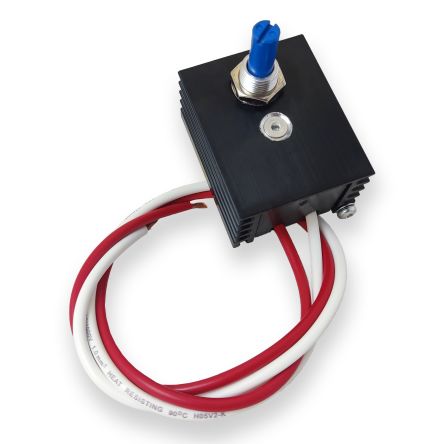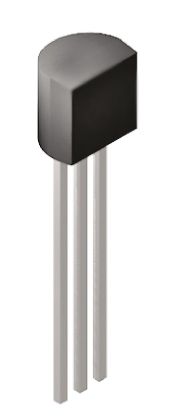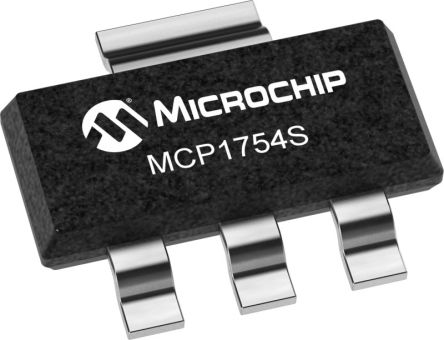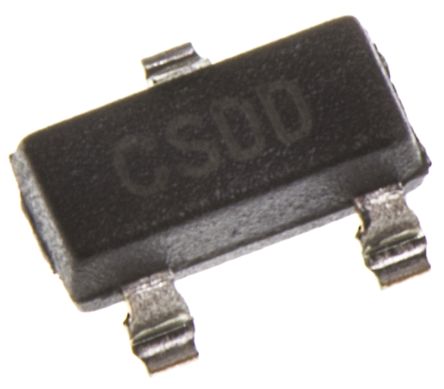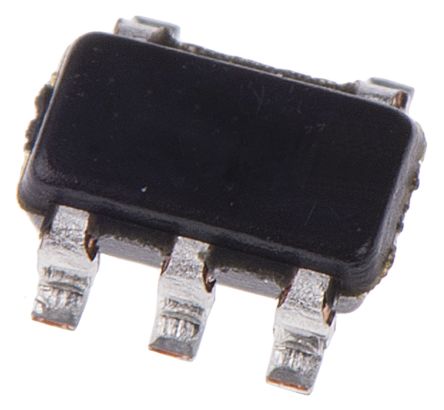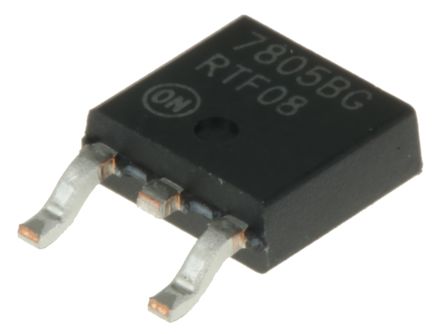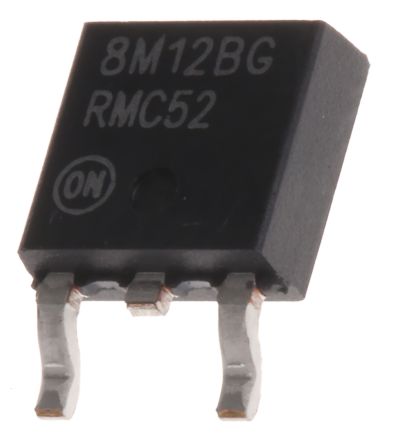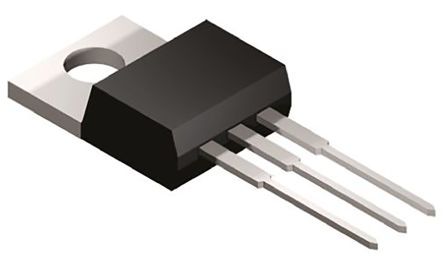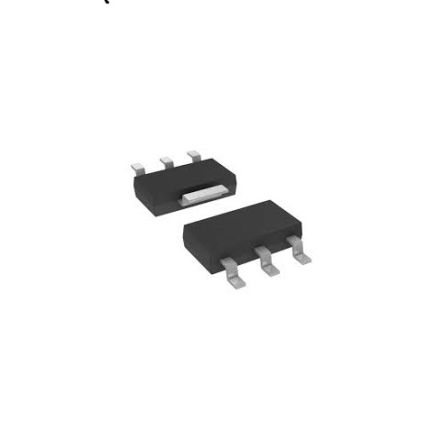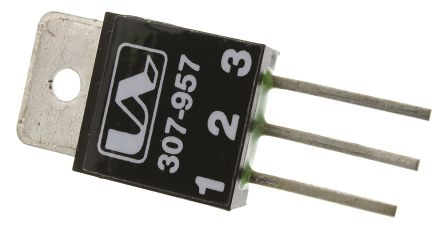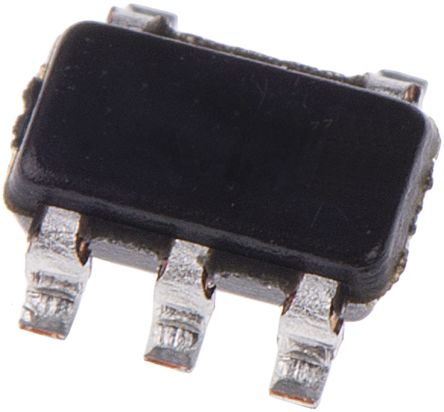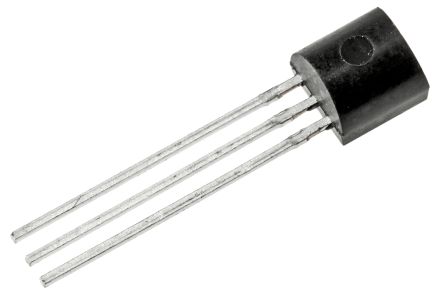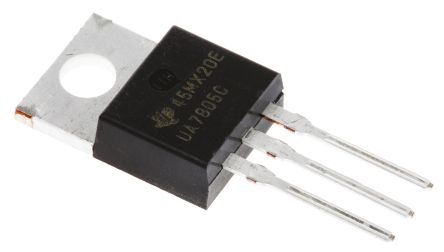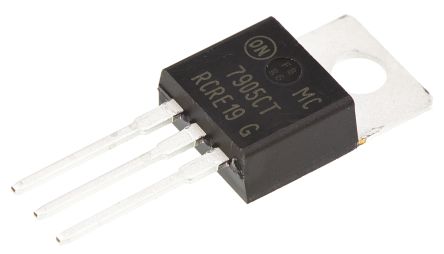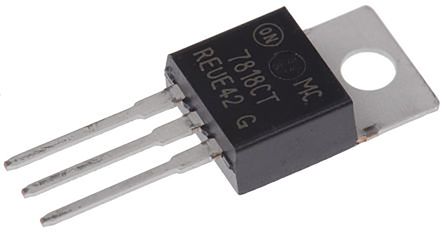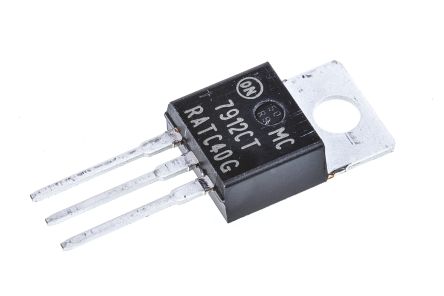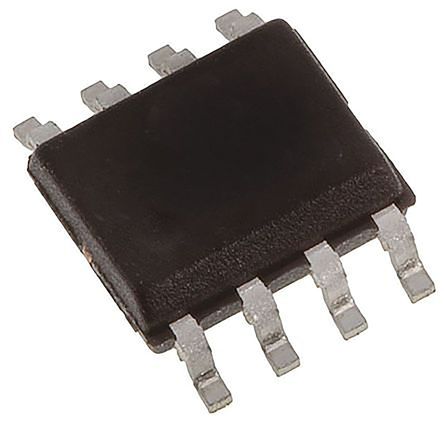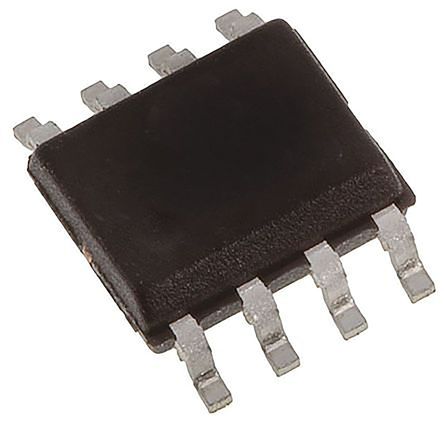- Automation & Control Gear
- Cables & Wires
- Enclosures & Server Racks
- Fuses & Circuit Breakers
- HVAC, Fans & Thermal Management
- Lighting
- Relays & Signal Conditioning
- Switches
- Batteries & Chargers
- Connectors
- Displays & Optoelectronics
- ESD Control, Cleanroom & PCB Prototyping
- Passive Components
- Power Supplies & Transformers
- Raspberry Pi, Arduino, ROCK, STEM Education & Development Tools
- Semiconductors
Voltage Regulators
Voltage regulators are ICs used to generate a stable and consistent voltage within a circuit. They take an input voltage and convert this into a fixed output voltage. Even if the input voltage changes, the regulator will continue to provide the same output. The voltage regulator will take the output voltage and compare it to a reference voltage. It will then adjust the pass device to help manage the output voltage. This helps to regulate the voltage throughout a circuit design, dependant on where the voltage regulator(s) are.
Voltage regulators are essential in electronic circuits that include components that require a particular voltage input. For example, a processor. The input voltage, output voltage and output current are all important things to consider when choosing a voltage regulator IC.
Voltage regulators cannot convert the voltage from AC to DC, for example. If you require voltage conversion to run in parallel to your voltage regulator, please see our range of Digital to Analogue Converters (DACs) or Analogue to Digital Converters (ADCs).
Types of voltage regulator
- Buck-Boost Switching Regulator
- Charge Pump
- Linear Voltage Regulator
- LDO (Low Dropout) Voltage Regulator
Where are voltage regulators used?
Voltage regulators are found in most electronics circuits that require voltage management or voltage regulation. This includes chargers, power supply units (PSUs), telecommunications and automotive applications.

